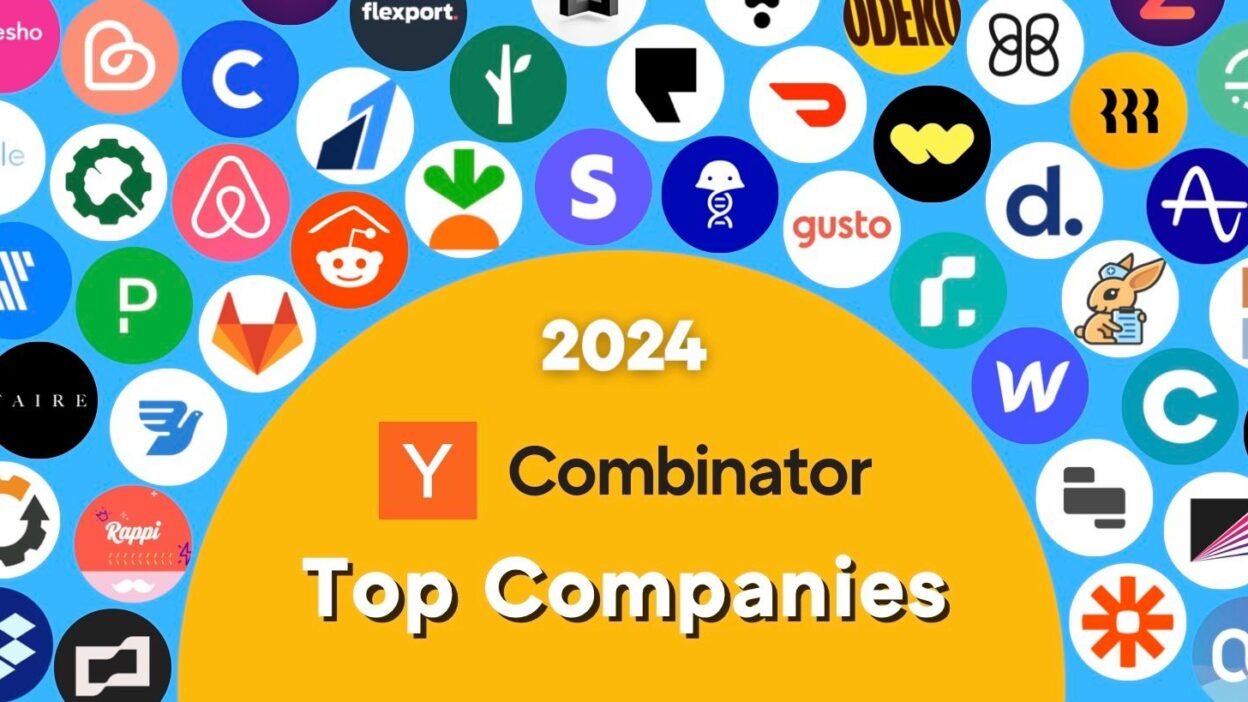Y Combinator (YC) is the archetypal accelerator that has launched thousands of tech companies globally. Founded in Silicon Valley in 2005 by Paul Graham and colleagues, YC provides seed funding and mentorship to early-stage startups. Twice a year, it runs a 3‑month “Batch” program in which founders receive a standard deal (e.g. $500K for ~7% equity) along with intense guidance from YC partners. After the program, startups pitch at a Demo Day to angel investors and VCs. The program’s motto, as on its website, is to “help founders make something people want and improve their startups’ success rate”.
Over nearly two decades, YC has accumulated an enormous roster of alumni. Its Wikipedia entry notes it “has been used to launch more than 5,000 companies”. In fact, VC research and media reports often cite YC’s figure of over 10,000 founders in its community. These companies include some of tech’s biggest names: Airbnb, DoorDash, Dropbox, Stripe, Coinbase, Reddit, Twitch and OpenAI are just a few iconic examples. Many of these have become household names; reportedly, YC alumni companies now have a collective valuation exceeding $600 billion. YC itself notes that its portfolio has raised over $85 billion in funding from investors worldwide.
YC’s model has proven remarkably productive. It boasts a 5.5% startup-to-unicorn rate — far higher than typical accelerators. In other words, well over 250 of its companies are now unicorns (valued over $1B). Alumni venture capitalists, like Brian Armstrong of Coinbase or Garry Tan (current YC CEO), often credit YC’s intensive mentoring and network. YC alumni frequently stay engaged: for example, when OpenAI ousted CEO Sam Altman in 2023 (a YC alum), other YC founders quickly rallied to reinstate him. This “ecosystem” effect is one reason investors pay close attention to YC demo days — getting into YC is seen as a strong endorsement.
Program highlights: YC takes just a handful of companies per batch (currently a few hundred per year out of thousands of applicants). Beyond funding, YC partners offer advice on product, growth and hiring. The program’s philosophy is mentorship and networking. Founders get 1:1 time with seasoned entrepreneurs who have built startups before; they can reach out to partners via email or meet face-to-face during the program. Each cohort culminates in a Demo Day event in Silicon Valley, where startups pitch to vetted investors. YC also provides extensive follow-on support: alumni can tap into YC’s “Startup School,” a year-round online community, and YC’s investor database.
For Indian and global founders alike, YC is a coveted springboard. Indian-founded startups in Y Combinator include SyndicateRoom (fintech), ClearTax (fintech), Khatabook (SaaS), Upstox (fintech), and Meesho (social e-commerce). These have gone on to raise major funding and, in some cases, win unicorn status back home. YC also runs events and “Startup Schools” in India (as well as globally) to scout talent; for example, a 2023 “AI Startup School” had speakers like Elon Musk and Sam Altman addressing 500+ participants.
Global impact: Today, YC operates from San Francisco with satellite programs (the Boston batch was merged back in 2009). During COVID-19, it shifted batches online temporarily. But its model remains strongly Silicon Valley-centric: large tech companies and investors often scout YC alum companies. However, with its alumni spread worldwide, YC’s influence is truly global. As Fast Company notes, “look around San Francisco these days, and YC’s community of startup founders, now 10,000 strong, is just as ubiquitous”. The network effect is powerful: YC founders, mentors and staff work across continents, meaning a startup in Bangalore can often tap into San Francisco VCs through YC connections.
Founder testimonials: YC alumni frequently praise the accelerator. Paul Graham, one co-founder, has written that YC’s job is to improve “the success rate of our startups”. In interviews, founders mention that YC gave them “the resources and network that we wouldn’t have gotten otherwise.” The ability to raise money skyrockets: YC itself advertises that it offers founders “a huge fundraising advantage”. Investors agree: many top VCs (Sequoia, Andreessen Horowitz, Tiger Global, etc.) have a pipeline from YC.
Quantifiable results: By the latest counts, Y Combinator companies collectively employ tens of thousands of people worldwide. In India, while YC alumni count is smaller than local programs, those companies employ thousands more and have infused international best practices into the ecosystem. U.S. media emphasizes that YC’s alumni count and collective valuation dwarf other accelerators; for example, competitors like Techstars and 500 Startups have fewer unicorns and lower combined valuations than YC. The fact that a small percentage (~6%) of YC’s portfolio becomes multi-billion-dollar firms, creating outsized value, underscores YC’s effectiveness.
In summary, Y Combinator stands as the prototypical global ecosystem architect for startups. By pairing minimal seed capital with deep mentorship and an influential alumni network, it has accelerated over 5,000 companies since 2005. Its graduates include dozens of transformational businesses, and its model has been emulated worldwide. For Indian entrepreneurs looking to go global, YC remains a benchmark accelerator: its programs and ethos (summed up in quotes like “our companies have a track record of becoming billion-dollar companies”) reflect a relentless focus on turning founders’ visions into reality.





